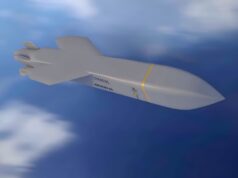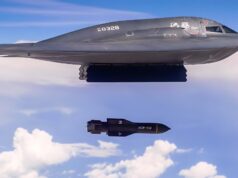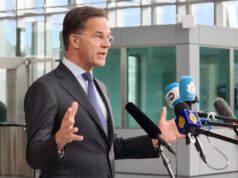The United Kingdom is stepping up efforts to enhance security and economic partnerships across the Gulf region, with Foreign Secretary David Lammy visiting Oman and Qatar this week to deepen cooperation in trade, defence, and diplomacy.
The Foreign, Commonwealth & Development Office said the visit will reaffirm Britain’s commitment to boosting stability and unlocking investment opportunities as part of the government’s Plan for Change.
In Oman, Lammy is marking 225 years of formal diplomatic relations, using the visit to discuss green growth, regional security, and collaboration on emerging challenges. Officials said the Foreign Secretary will also engage on recent U.S.–Iran talks hosted in Oman, stressing that “Iran must never develop a nuclear weapon which threatens international peace and security.” The UK remains committed to using “all diplomatic levers” to seek a negotiated solution, the government said.
Lammy’s visit to Oman will also focus on threats to maritime security, including Houthi attacks on international shipping in the Red Sea — a region vital to the UK economy, with over $1 trillion worth of goods passing through each year. According to the government, Lammy will highlight that securing this vital trade route is critical for both British exports and global stability.
In Qatar, Lammy will oversee the UK-Qatar Strategic Dialogue, which the Foreign Office said has helped fuel major investments into Britain’s energy, defence, and real estate sectors. Lammy praised the relationship, stating: “Our partnerships are unlocking huge investment opportunities in the UK and creating jobs in the industries of the future which is at the very heart of our Plan for Change.” The Foreign Secretary is also expected to discuss the progress of the proposed UK-Gulf Cooperation Council Free Trade Agreement, which could boost bilateral trade by up to 16%, adding an estimated £8.6 billion annually.
However, Lammy stressed that economic growth must be underpinned by security. “Boosting growth is reliant on building stability,” he said, highlighting the need to counter malign Iranian activities and address the ongoing war in Gaza. He will use his meetings to call for a return to a ceasefire, stating that “more bloodshed is in no-one’s interest,” and that a lasting peace is essential for the security and prosperity of the Gulf and the UK.
The visit will also deepen defence ties, with discussions around the UK’s close collaboration with Qatar’s armed forces, including the joint RAF-Qatar Amiri Air Force squadron that trains pilots for regional air security missions.














Excluding the joint squadron of Typhoon’s, it’s far from clear what the UK can now offer Qatar in the way of significant military support. British force levels in the Arabian Gulf are at the lowest level since the 1980’s, and set to decline to almost nothing. China, France and even Germany and Italy now all make a far more compelling case for a military and economic partnership. There is no expectation that SDSR2025 will reverse this decline and a region that what was once a ‘British lake’ is starting to forget what the Union Flag even looks like. I can say this from position of having been one of the very last of the government Advisors, and remember the drip drip of small things such as the introduction of visas for UK passport holders and BBC World being dropped by the local TV service.
Meanwhile the Emir of Qatar is in Moscow giving $2 Billion to Russia. Nobody cares about the UK, which will Balkanize soon into Londonistan and Birminghamstan. 😂
thats the spirit – fake Johnny